If you’re like most preppers I’ve encountered, your bug out plans leave a lot to be desired.
It’s not that you don’t have any plans, but rather that your plans are incomplete. There are a few critical areas, like where you’re going to go, which could really use some firming up.
Don’t feel bad if that’s your situation. There are a lot of us who fall into the same pit. It’s easy to have a detailed bug out plan, if you’ve got someplace definitive to go to; but unless you own that cabin in the woods that we all want to have, but can’t afford, it’s hard to be that sure of where you’re going.
Catch A Glimpse of Green Beret Outdoor Survival Ingenuity
My “go to” advice in a situation like this is to find a rural community that you can use as a survival retreat. While most rural communities don’t have any more resources than a big city does, they do have a lower population. So, at a minimum, there won’t be as many people competing for whatever resources are available.
Of course, there’s a huge difference between a rural farming community and other rural communities. Just because a community is rural, does not mean that it is a farming community. If we want to find a rural community that is going to have resources that we can use; then we want to find a farming community, not just any rural community. While the selection might be slim in most farming communities, at least there will be food to eat.
The trick for us is finding such a community and then establishing a survival retreat there. Or, if we can’t establish a survival retreat, then to establish at least enough of a connection with that community, so that we stand a chance of joining it when a disaster strikes.
Finding Your Survival Community
Let’s start out with finding a community that you can use to become your survival community. This is the project that I’m recommending you spend your summer vacation on this year. You can make it fun for the family, taking a road trip, while at the same time accomplishing something useful from a prepping point of view.
Chances are, you’ll need to visit several of these potential communities, before you are able to select the one that will become your choice in a bug out. That’s what your road trip is going to consist of. With that in mind, the first thing to do is plan your trip. That means finding potential rural communities that you are going to visit.
These communities should contain the following elements:
- They should be farming communities, so that there will be plenty of food.
- They should have plenty of access to water, preferably from a river, not from wells.
- They should be a bit off the beaten path, so they won’t become crowded in the aftermath of a disaster.
- They should have abandoned buildings that you could occupy.
- They should have storage units that you can rent.
- They should be far enough away from your home, so that they won’t be caught in the same disaster that makes you bug out.
- They should be located somewhere that is free from flooding, whether from a broken dam or from a tsunami.
It would also be nice if you could find someplace that your family might actually like visiting, either in or nearby these towns, so that your family would enjoy the trip. I just recently took a weekend trip of this sort and we visited a vineyard and winery, a presidio (Mexican frontier fort) that was part of the Texas war of Independence, some antique shops and some nice restaurants.
Surprisingly, the town we visited also had an old blacksmith’s shop, which had been converted into a blacksmith’s club. That was rather unique. In my way of thinking, a blacksmith’s shop will be extremely useful in a post-disaster world, especially if the electrical grid goes down.
Taking Your Road Trip
Once you’ve found your potential bug out towns, it’s time to visit them all. This is where the road trip comes in. If you’re taking a two week vacation, you should be able to visit four or five such towns, even while taking the time to see the attractions as you go.
The idea here isn’t to see how fast you can go through your list, but rather to take your time to look around. You want to see the sights, but you also want to get a good feel for each of these communities. Specifically, you want to get a feel for what the people are like, what resources might be available and how you could integrate yourself into the community.
Drive around each of the communities you’ve selected as potential candidates, as well as the surrounding country. Remember, you’re playing tourist. But instead of just looking for things to take pictures of, you’re also looking to see if that community meets the criteria listed above. You’re also looking for someplace that you can set up camp, should the time come. This location needs to be:
- Contained within the community for shared defense.
- Easily defensible or able to be made easily defensible.
- Provide your family with shelter.
- Give you access to water.
- Close enough to food sources that you can harvest, work for or trade for.
Camping on Your Trip
I would recommend making this a camping trip, rather than a hotel/motel type vacation. Chances are, when you really do have to bug out, you’ll end up camping anyway. If you don’t, and actually end up in a building, you’ll still be living like you are camping, at least as far as water, sanitation and cooking are concerned, so you might as well get used to it.
Besides, this is a great time to teach your family some more survival skills. I’ve always advocated camping trips as a way of teaching basic wilderness survival skills. My personal start in learning these skills was in the Boy Scouts, especially through studying my Boy Scout Manual. While the Scouts has changed a lot through the years, you can still buy the old Boy Scout Manual with all the useful tricks for camping and surviving in the wilderness.
By and large, kids love learning these skills, and love camping too. So taking the time to teach fire starting, making a shelter out of available materials and how to fish with a survival fishing kit isn’t just practical, it will be fun for them as well. Allow them to practice those skills until they become proficient.
Some of the most important skills to teach:
- Fire starting
- Building shelter
- Purifying water
- Cooking over a fire
- Tracking game
- Making snares (you may have to disable these, so as to not actually catch anything)
- Where to locate snares (along animal trails)
- Fishing with a survival fishing kit
- Locating north
- Map and trail skills
- Protecting your food from bears
- Personal and camp hygiene in the woods
Granted, there are a lot of other things to teach your kids; but this is at least a good starting point. For more, check out Bushcraft 101 or get your hands on an old Boy Scout Manual.
Integrating into Your Chosen Community
Hopefully you’ll be able to pick out your go to survival community from one trip. Once you do, go back and visit it again. In fact, you want to make it a habit to visit that community every once in a while; say every month or two. One of the features of small towns is that people tend to know one another. That means they will quickly recognize strangers.
In William Forstchen’s book, “One Second After” the small community of Black Mountain ended up setting up roadblocks at the town’s entrances, keeping strangers out. This was an act of self-preservation for the town, as there was no way they could feed all the people who were coming to them. Such action is likely to happen in a TEOTWAWKI event, which is why it is important to integrate yourself into the community, before the disaster strikes.
So, how do you do that? You do it by spending time in the town and getting to know the people.
Ideally, it would be great if you could rent some place in town that is your weekend getaway. But if you can’t do that, rent a storage space and develop a survival cache there. The rental contract for that storage space might be enough to act as your ticket to get into town, even while they are keeping everyone else out.
Even more important than renting something is getting to know some of the townspeople, preferably prominent people who are well-known in the community. Being on a first-name basis with the owner of the local restaurant, general store and barber shop makes you part of them. it would be real hard to say “No” to you, when you show up.
Building Your Cache
Your survival cache will do two things for you. First of all, it provides proof that you are part of the community. The fact that you have storage space rented in the town, which you visit regularly, means that you have a stake there. In addition, having it stocked with food and other things you will need means that you won’t be a burden to the town. Rather, you might even be an asset.
Remember, everyone is going to be interested in their personal survival, including the people of your chosen retreat town. Being able to show them how you can be an asset to them is to your advantage, because it is to theirs. Once you can prove your worth to them, in helping them to survive, nothing else will really matter. They’ll probably receive you with open arms, because it is to their benefit to do so.
In addition to food and other common survival supplies, be sure to put some tools in storage, especially tools which you might be able to use to establish some sort of post-disaster business that would be useful to the people of the community. If you have skills in repairing anything, you would be valuable to the community, especially if those are skills that nobody else in the community has.
Be sure to keep a copy of the contract for your storage in your bug out vehicle, along with a key to get into your unit. Keep another copy in your bug out bag, in case you end up arriving there on foot. Either way, that paperwork and that key is your ticket into that town, so you want to be sure to have it.

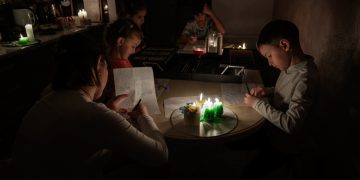

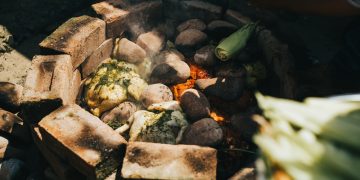

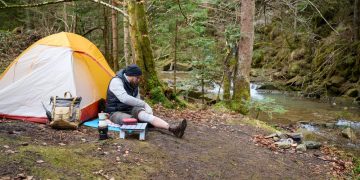
















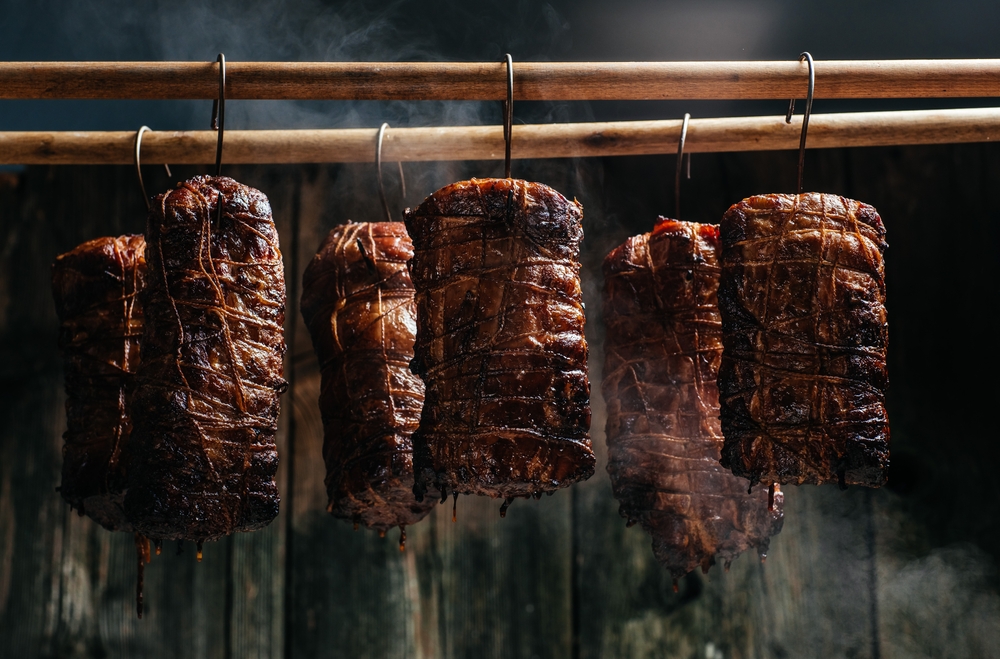
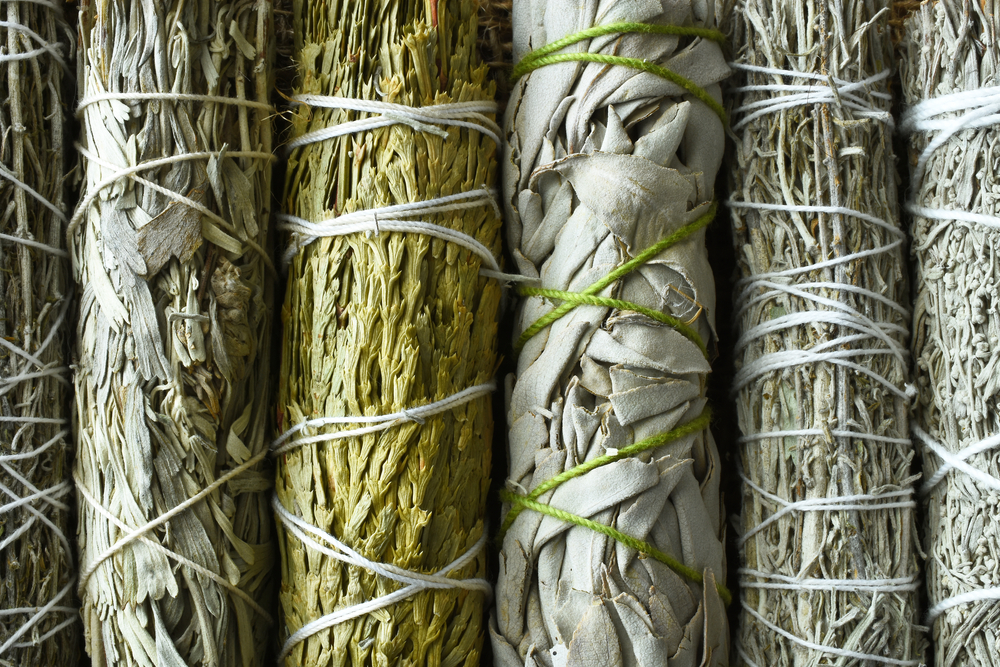
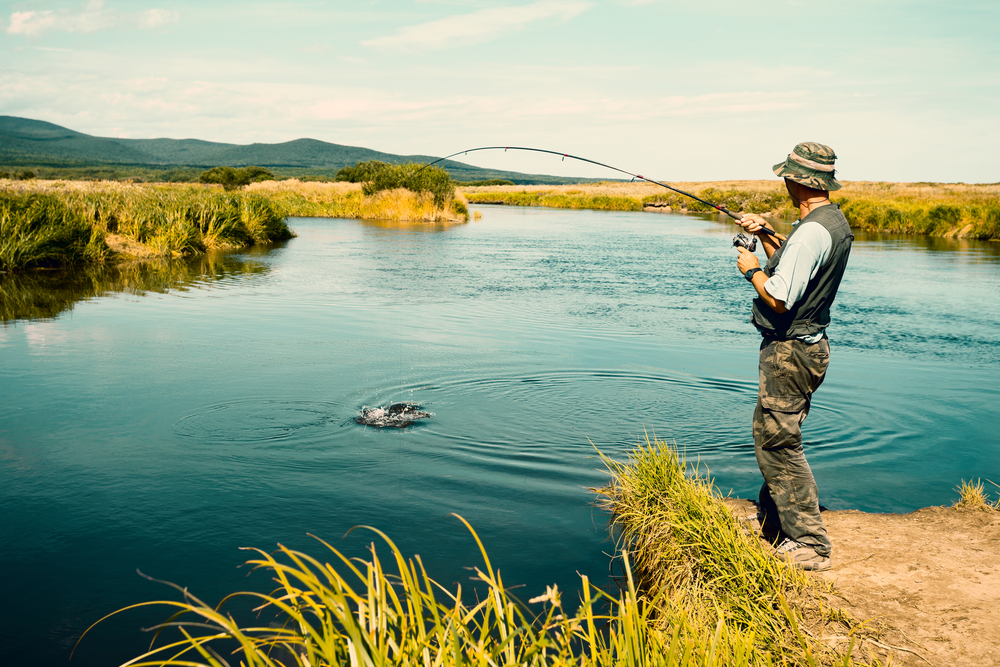
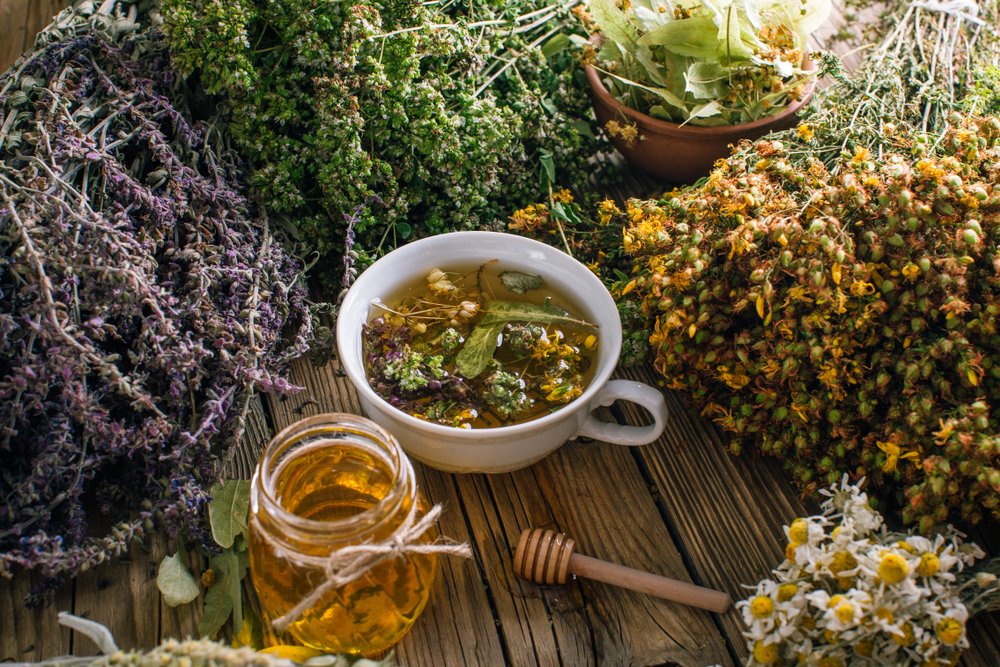

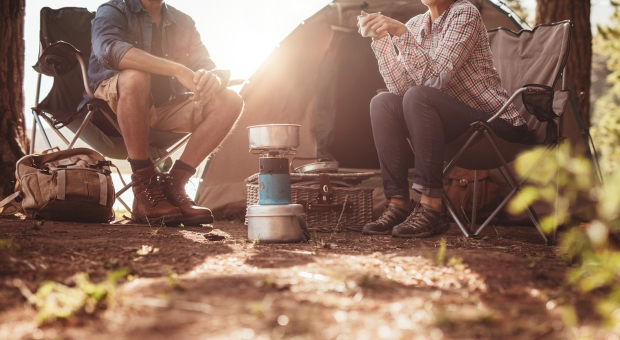

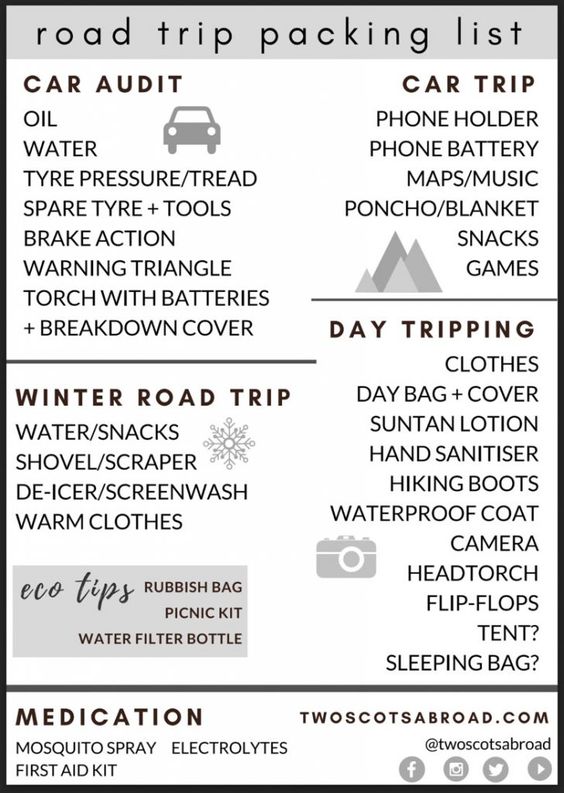

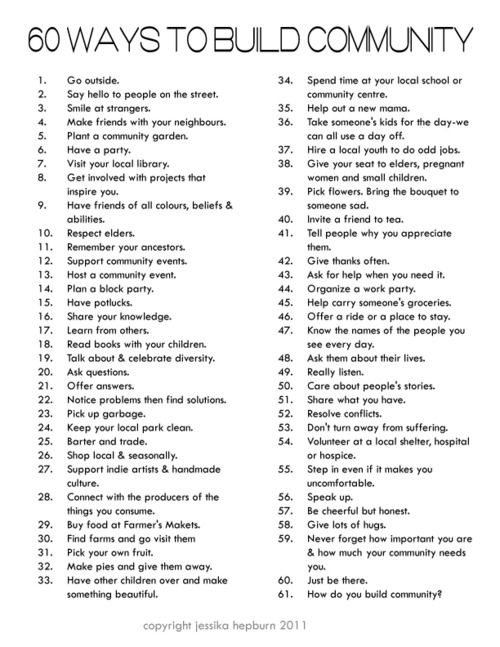





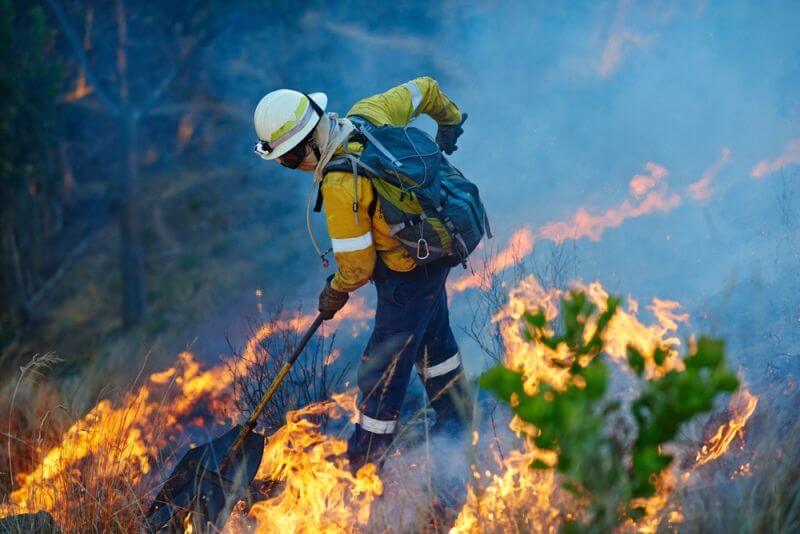
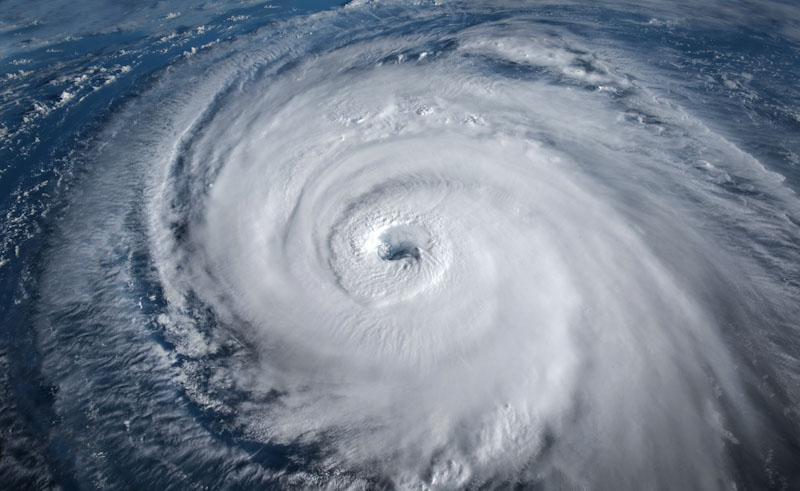
















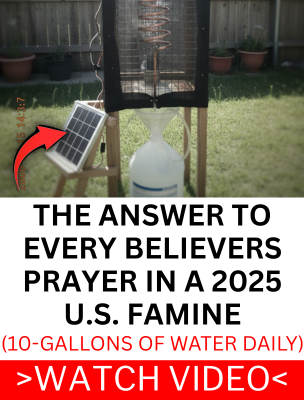
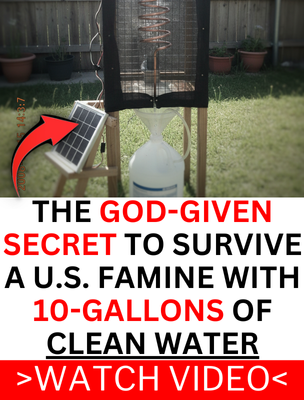




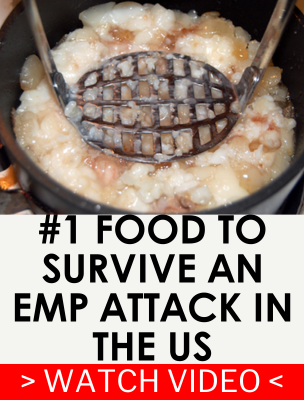
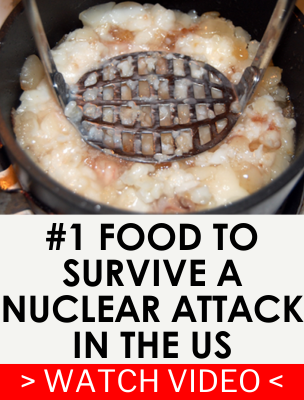
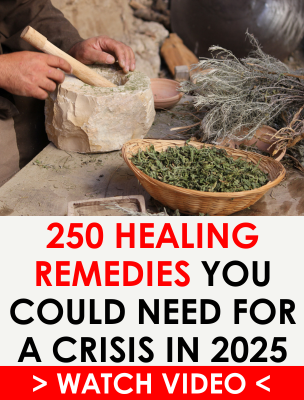
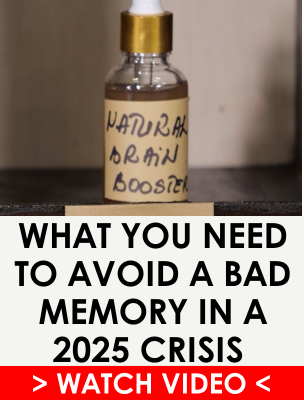
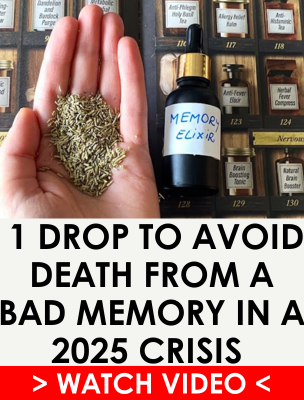



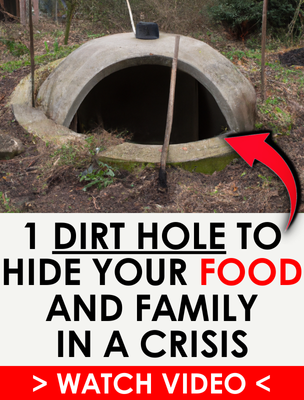
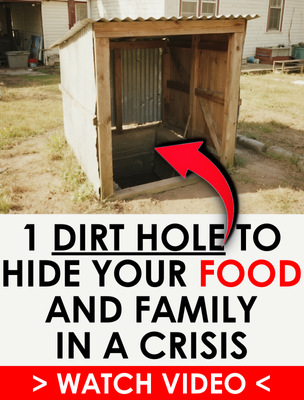
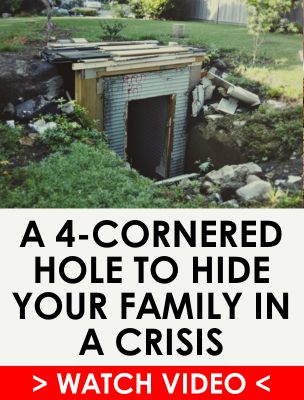

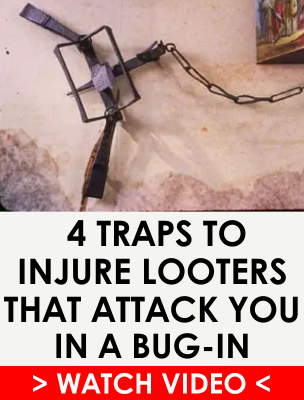
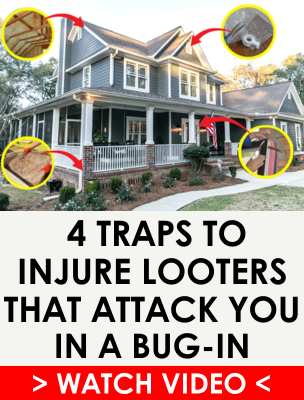















How does one introduce the prepping practice to a spouse that only lives in the here and now and is completely business focused? I don’t believe he will ever take what I say about the importance of this, seriously. I’d like to expose my kids to survival skills but have no idea myself. Boy scouts has turned into a full-time school course that I am not interested in being a part of. Any suggestions from anyone of a more focused “get right down to it” course for kids and even myself? Thanks in advance for any help.
Try the 4H. They are very down to earth and deals with the rural aspect that you want to introduce your children to and you meet a lot of nice folks that are local that you can learn from. Hope this helps.
KN – sorry to be blunt but you need to get involved. There is no magic to it. No one has yet come up with a pill that suddenly makes you an expert. You, YES YOU, need to get your hands dirty and learn the skills that can keep you and your family alive and thriving In bad times. Life is not a bowl of cherries, nor can you rely on anyone else to take care of you. They’ll be too busy taking care of themselves.
Having a good library of reference materials is a good place to start but it is worthless if you have to learn during the actual events. As I often said as a pro pilot, THE BEST TIME TO KNOW EMERGENCY PROCEDURES AND THE WORST TIME TO LEARN THEM IS DURING AN EMERGENCY. Get involved with your kids and teach them how to take care of themselves and you. If your husband won’t take the time, he’ll be one to fall out on the roadside and die there. Like I said, blunt and to the point.
A word of caution,, while i enjoy my homestead and the rural community i live in there are some obstacles. One being the monopolization of the farming industry. Most of these small farms out here struggle to make a living. Meth is epidemic in the rural parts of georgia along with poverty.
In an emergency situation where these farms couldent get diesel to hay there fields and bring in cattle feed the farms would fail to a much smaller number in just a winter. Horse drawn equipment is so decreped in the field there not worth scrap anymore.
All this is to say, i agree with the author, a farming community is better but we have break ins, drugs, robbery, murder and all the other joys of a fallen world. Be vigilant, that farm house your approaching might have been left to papa’s grandson methy mc meth face.
I enjoyed the article and the idea of having a stake where you want to go, it would ease my nerve’s if i had a stranger pull up with out of state tags but knew the area well.
“TORCH”(vehicle needs) huh….the only folks that use that term are from Europe!! most everyone else calls them flashlights…okay, now to the serious stuff! HAVING TO LEARN A NEW SURVIVAL SKILL when it’s coming down in buckets is no fun..been there done that on more than one Deer Hunting trip….how to keep your ENTIRE camp from being washed into a lake from a freak rainstorm that wasn’t suppose to hit your area. so much moisture in the air that the propane stoves wouldn’t work..I ALWAYS keep a bag of charcoal and a small container of flammable stuff to light it with.(sturdy pie tins come in handy too!!!!!!!!) Most kids are like sponges, they soak up ALMOST everything you teach them(except for cleaning their rooms huh!!)esp. if it’s done in a FUN environment.Even when it’s a got to get it done situation, kids do surprisingly well..better than some adults I’ve seen!! We were taught at an early age to be self sufficient as dad was career Military and gone a lot. we learned to fend for ourselves rather well at a young age. Teach your kids(spouses) basic F/A skills.as well .if they are anything like I was..you need those skills big time!! LOL!!